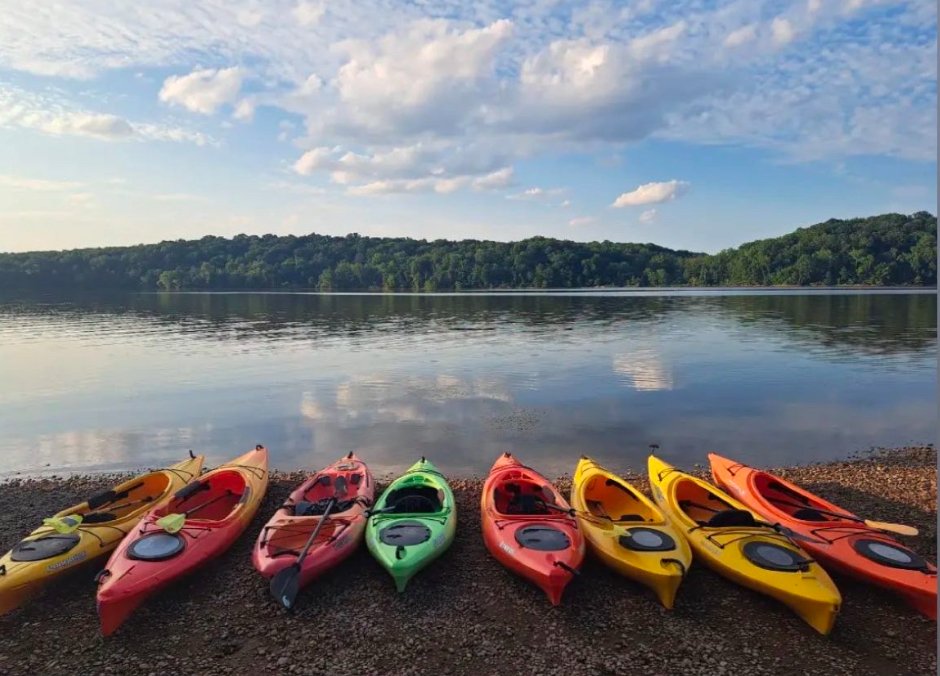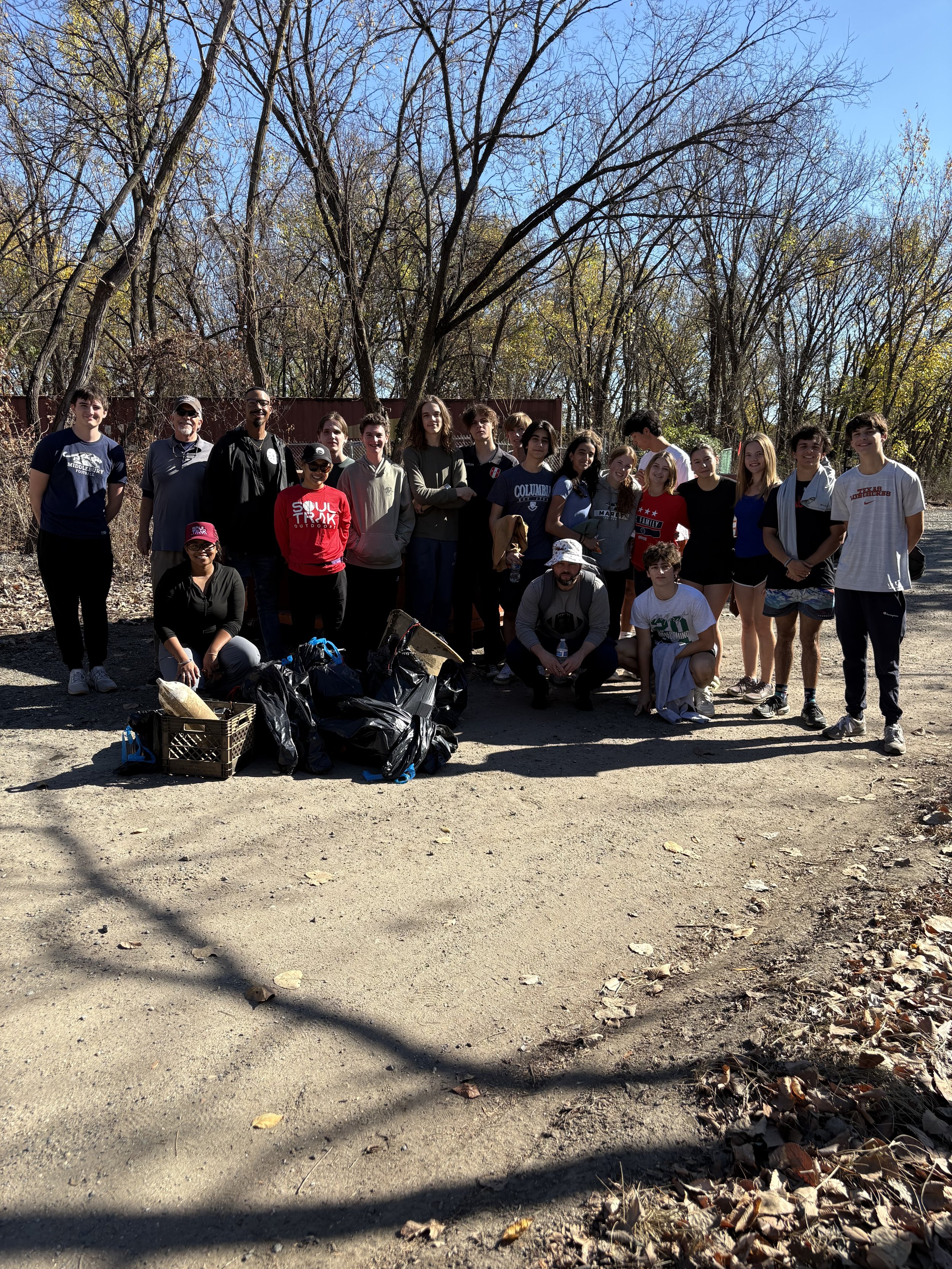
Guided Kayak Tours info
Our guided kayak tours offer a unique and immersive experience on the water, designed to cater to all skill levels. Each tour includes:
A mini Kayak 101 lesson to build foundational skills and confidence.
A certified kayaking master guide to ensure safety and provide expert insights.
The option to be transported back to your vehicle after the tour.
All equipment such as kayak, paddle, and life jacket.
Tour Details:
Most tours are one-way journeys, emphasizing exploration and adventure.
Launch and turn around tours are available upon request.
Duration is tailored based on skill level and averages about three hours of activity. The flow of tour usually includes:
Mini lesson/Kayak 101
Launch time
A midpoint break for rest or a meal
Docking
Participants are encouraged to self-assess their skill level to select the appropriate tour.
Pricing:
Guided tours are priced at an average of $35 per hour per participant.
Large group tours require a minimum of 12 participants to book, with a maximum capacity of 30 participants.
Private Tours and Lessons: Private tours and lessons are available upon request for those seeking a more personalized experience.
Join us for an unforgettable journey on the water where adventure, learning, and relaxation come together!
Community Service River Cleanup Program
Description: Join us for a hands-on river cleanup experience that brings together middle and high school students, local corporations, and community members to protect our environment. This eco-friendly tour allows participants to actively remove debris, learn about water conservation, and gain insight into the local ecosystem’s health. As you work alongside fellow volunteers, you'll see firsthand the impact of collective action on our waterways. Whether you’re a student looking to give back, a corporation fostering team-building, or just someone who loves the outdoors, this event is an opportunity to make a positive impact and leave the river cleaner than you found it.
Cost:
$45 per participant
Includes staffing, trash bags, trash pickers, gloves, water, and kayaking equipment.
Program Details:
Maximum capacity: 30 students/participants.
Designed to foster environmental stewardship and teamwork.
This program combines outdoor adventure with meaningful community service, inspiring people to make a positive impact on their environment.
Environmental Education
Environmental Science/Environmental Stewardship Lessons for Grades 7-12
Invasive Species and Their Impact on Local Rivers
Study how invasive species threaten native ecosystems in local rivers and watersheds.
Identify invasive species in the Anacostia and Potomac Rivers and learn how they disrupt native wildlife.
Participate in local efforts to remove or manage invasive species through volunteer programs or school projects.
Pollution Control and River Waste Management
Examine the different types of pollution affecting local rivers, such as plastics, chemicals, and sewage.
Learn about effective waste management strategies, including recycling, reducing single-use plastics, and proper disposal methods.
Participate in clean-up events and advocate for better waste management practices in the community.
Wildlife Identification and Conservation Efforts
Identify native wildlife in local rivers and watersheds, including fish, birds, and plant species.
Explore conservation efforts to protect endangered or threatened species in the Anacostia and Potomac Rivers.
Take part in wildlife monitoring or habitat restoration projects to help protect these species.
Restoring a Damaged River or Watershed
Study the process of river and watershed restoration after pollution or destruction.
Understand the steps involved in cleaning up a river, from removing debris to restoring habitats for wildlife.
Get involved in local river restoration efforts, such as planting native vegetation or conducting water quality tests, to aid in the recovery of local watersheds.
Water Quality and River Preservation
Understand the importance of clean water for local rivers like the Anacostia and Potomac.
Learn about sources of water pollution and how it impacts both ecosystems and public health.
Explore actions students can take, such as reducing chemical use and supporting local water quality monitoring efforts.
Akwa Archers
Akwa Archers
Akwa Archers is a mobile archery program designed to bring the art and discipline of archery to schools, corporate events, private gatherings, and birthday parties. We provide all equipment and operate safely under the guidance of certified archery coaches. Whether set up on an open field, in a school gym, or at a corporate venue, our fully-insured program meets national safety standards and delivers an unforgettable experience for participants of all ages and skill levels.








